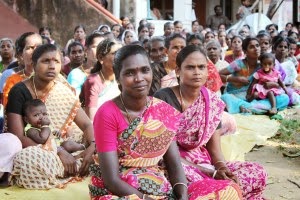You may not be aware that it is also a fantastic tool to engage children of all ages in a wide range of topics such as global poverty, overseas aid, personal finance and entrepreneurship.
One of our biggest school supporters is the Tanglin Trust Junior School in Singapore, who have chosen Lendwithcare as their school charity project. Each class at the Tanglin Trust has their own Lendwithcare account, so the students can keep track of their own fundraising, and choose and debate in class which entrepreneurs they want to support.
Recently Tanglin Trust held a whole week of activities to raise funds to lend in class to Lendwithcare entrepreneurs, and raised an incredible $6,000!
 |
| Tanglin Trust Year 3 class |















